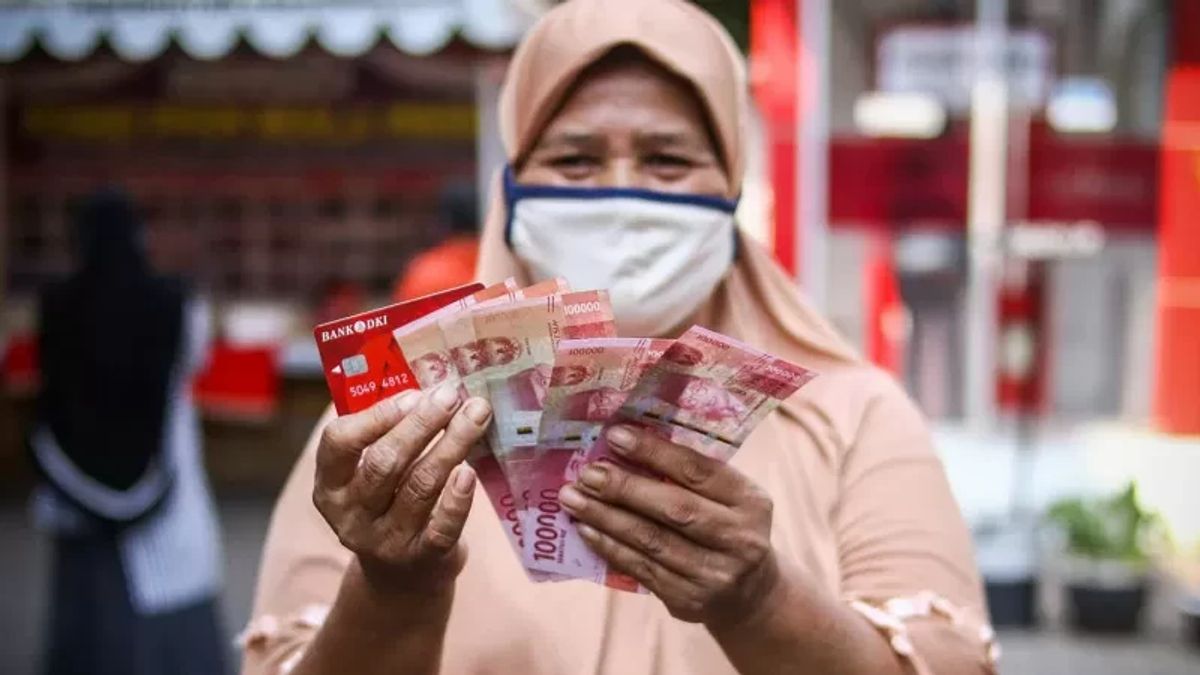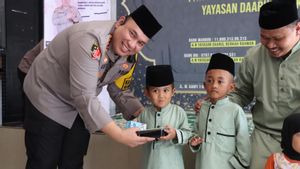JAKARTA - Commission E for People's Welfare of the DKI Jakarta DPRD evaluates the distribution of assistance for the Jakarta Elderly Card (KLJ). Chairman of Commission E of the DKI DPRD, Iman Satria, said that until now the distribution of KLJ has not been evenly distributed.
Iman assessed that there are still many elderly people who have not been touched by the cash assistance because the quota prepared by the DKI Social Service is still too small.
"There are so many elderly people in DKI that we have to help, the number is extraordinary. It's a pity that the people have expected it but don't get it," said Iman in a meeting with the DKI Provincial Government at Grand Cempaka Bogor, West Java, Monday, August 29 night.
Based on data from the Central Statistics Agency (BPS), the number of elderly people in Jakarta is 1.05 million people.
Meanwhile, based on the evaluation of the accountability for the implementation of the APBD (P2APBD) for the 2021 fiscal year, the KLJ quota prepared is only for 107,573 people. That number has not changed in the implementation of the 2022 APBD activities.
From this condition, continued Iman, what happened was social jealousy in the community. This is because there are still many elderly people who do not have a fixed income or are unable to meet their basic daily needs who have not been registered as beneficiaries of the KLJ.
"The name is not registered because the quota is insufficient. For example, in Cempaka Putih Barat only 80 people (the quota). Now divided into 10 RWs, finally, they can't get all of them," he said.
Continuing, member of Commission E of the DKI Jakarta DPRD, Idris Ahmad, said that another problem with the distribution of KLJ is that the disbursement of funds is often problematic. The DKI Provincial Government often distributes KLJ funds every three months. Supposedly, the disbursement can be done every month.
"Initially, when it comes to providing aid, there needs to be concrete steps for improvement, because so far I have never heard of it on time. There is even unfinished data collection that has resulted in residents not receiving these benefits," said Idris.
The English, Chinese, Japanese, Arabic, and French versions are automatically generated by the AI. So there may still be inaccuracies in translating, please always see Indonesian as our main language. (system supported by DigitalSiber.id)













